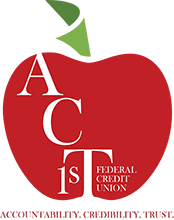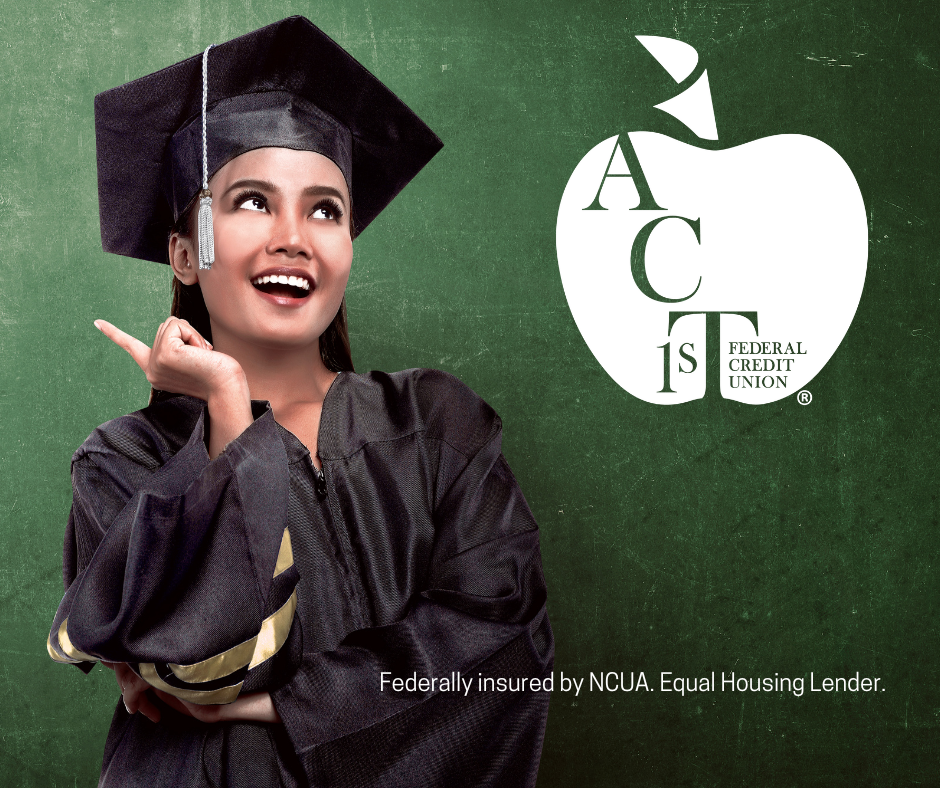Short Answer:
Check holds help us protect both you and the credit union. While waiting can be frustrating, these holds are designed with your security in mind.
Long Answer:
When you deposit a check, you usually expect to access the money right away. However, sometimes, we need to place a hold on a check to make sure the funds are available and the check is legitimate. Typically, these holds last between two and seven business days.
Why Might We Hold a Check?
Here are some common reasons why we might place a hold on a check:
Large Deposit Amounts: If you deposit a large check, we may hold it to verify the funds and prevent fraud.
New Accounts: For new accounts (less than 30 days old), we might hold checks longer as a safety measure.
Suspicious Activity: If a check seems unusual or different from your usual deposits, we might hold it to investigate further.
Out-of-State or International Checks: Checks from out-of-state or international banks might take longer to process, so we might hold them until they clear.
Non-Sufficient Funds (NSF) History: If you’ve had NSF or overdraft issues before, we may be more cautious and hold checks to ensure the check clears.
How Does This Protect You? Holding a check might be inconvenient, but it’s an important safety step. Here’s how it helps you:
Prevents Fraud: If a check bounces after you’ve accessed the funds, you could be left responsible for repaying the money. A hold allows us to verify the check and reduce your risk of being scammed.
Ensures Funds Availability: The hold helps us confirm that the issuing bank has the necessary funds, preventing potential overdraft fees or other financial problems.
Account Protection: In case of suspicious activity, holding a check gives us time to investigate and protect your account from unauthorized transactions.
What Can You Do? If you’re concerned about a check hold:
Communicate with Us: If you need the funds quickly, contact us. We may be able to provide more information or offer alternatives
Understand Our Policy: Take a moment to learn about our check hold policy so you know what to expect. This can help avoid surprises when you deposit a check.
If you have any questions please contact us during business hours at 301-729-8015 or email us at memberservice@act1stfcu.org





